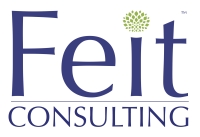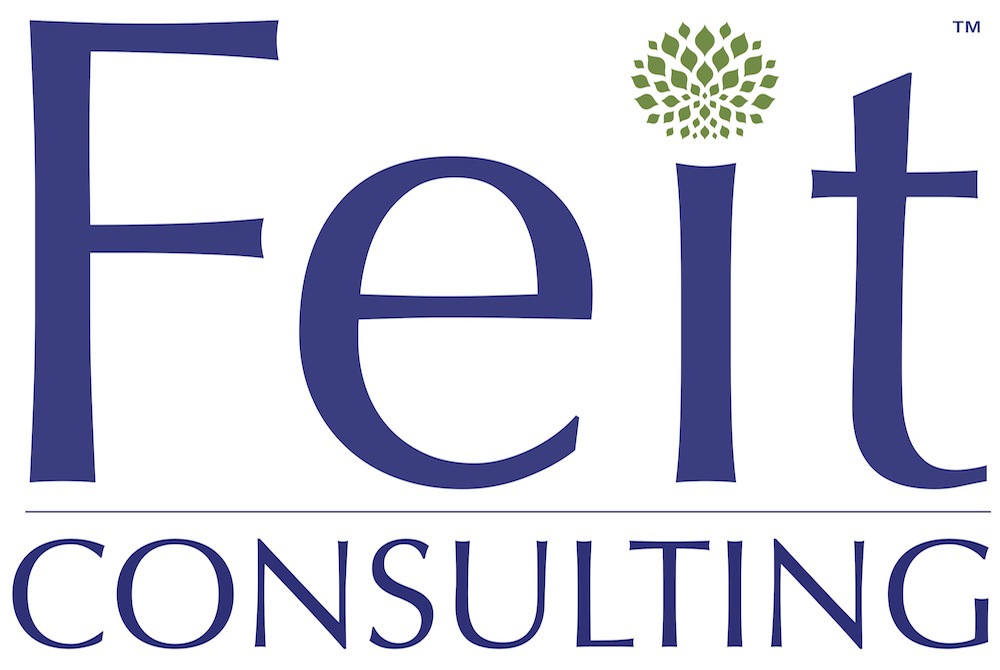By
Michael Feit
|
Best Practices ,
Budgeting
Savvy librarians are always looking for ways to assess and right-size their collections, both print and electronic. As practice groups come and go, information needs change and new products come to market. There are several kinds of collection audits that can be conducted at different times. For instance, the Office Copy Audit can be a valuable tool in annual budget preparation.
“Office Copies” is a budget line that is continually growing and can be an emotional powder keg when surveying attorneys about their office-copy needs. As you review office copies by practice group, you can build a report with data showing Management exactly how much it costs to support a practice area’s information needs. Finance is always interested in data that provides insight into practice-group spend versus practice-group profitability.
For report generation, you will need to categorize and sort your resources by title, vendor, practice group and price. Areas to consider for your Office Copy Audit:
(1) Are you choosing the best content for the price?
(2) Have other vendors moved into the market with the same content, but at a better value?
(3) Are you including office copies in a LMA, and if so, does the Swap-Out Period give you enough flexibility to add and delete copies as attorney numbers change?
(4) When was the last time you actually surveyed attorneys on the value of the office copies they receive?
Once you have your report in hand, set aside a time to meet with the Practice Chair to review titles and expenses charged to the group. This can be a real eye-opener when it comes to costs incurred. Many times the mere cost of publications will gain support for cancellation of materials that are seldom used. This conversation can bring up other factors to consider, such as format changes from electronic to print for better access.
The Office Copy Audit is a win-win for the library, because it highlights to Management that you care about your budget spend. The audit opens a line of communication with the Practice Chair and shows that you are thinking about how to best support their legal information needs in a cost-effective manner.
As firms continue to question the costs of library real estate and resources, a full Collection Audit might be something to consider. As prices of print and online resources escalate, the Collection Audit will identify redundant content and help you right-size your resources better. Feit Consulting can work with your firm on an Office Copy Audit or a full Collection Audit. Click here for how your firm can work with Feit.







